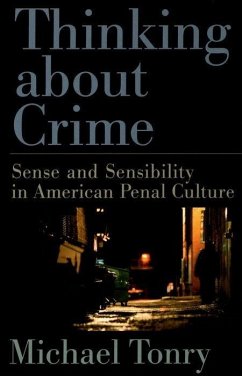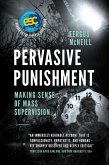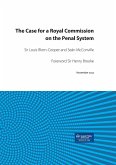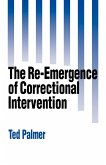In this wide-ranging analysis, Michael Tonry argues that those responsible for crafting America's criminal justice policy have lost their way in a forest of good intentions, political cynicism, and public anxieties. American crime control politics over time have created a punishment system no one would knowingly have chosen yet one that no one seems able to change. Prevailing sensibilities rather than timeless truths govern the American war on crime, resulting in policies both wasteful and harsh. U.S. crime trends closely resemble those of other nations, yet American policies, shaped by different sensibilities, are much more punitive. Seamlessly blending history with an easy presentation of day-to-day realities and empirical evidence, Tonry proposes tangible, specific solutions that can serve as a platform for criminal justice reform. We know how to create an effective and humane criminal justice system. Now we must have the courage to do so, by abandoning the current status quo, which is both costly and cruel in favor of practices that will move America closer to the mainstream of contemporary Western values.








